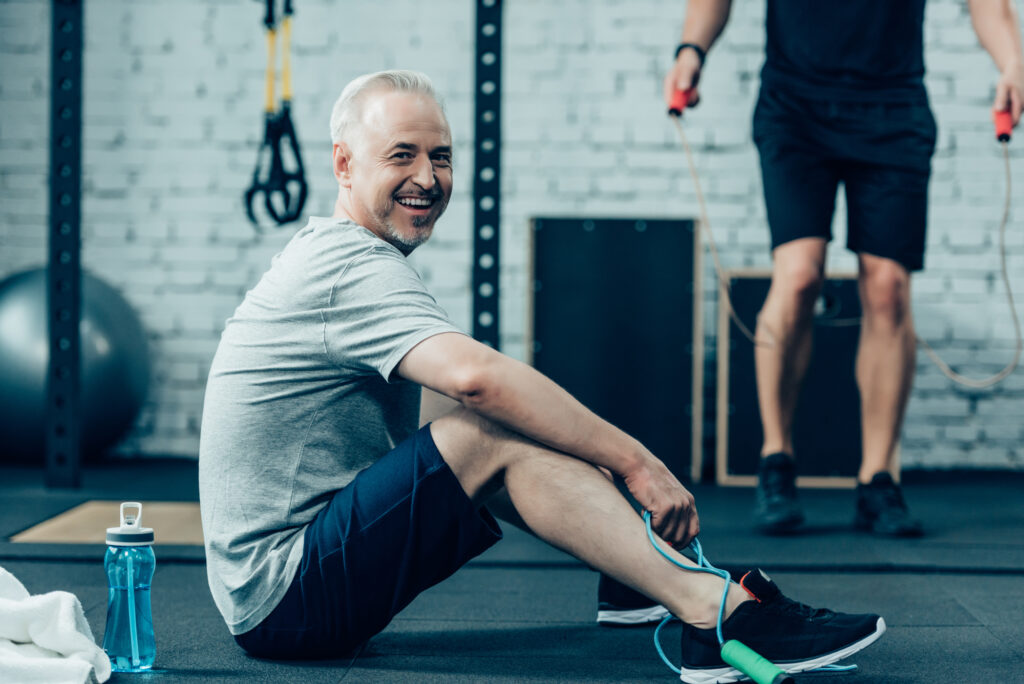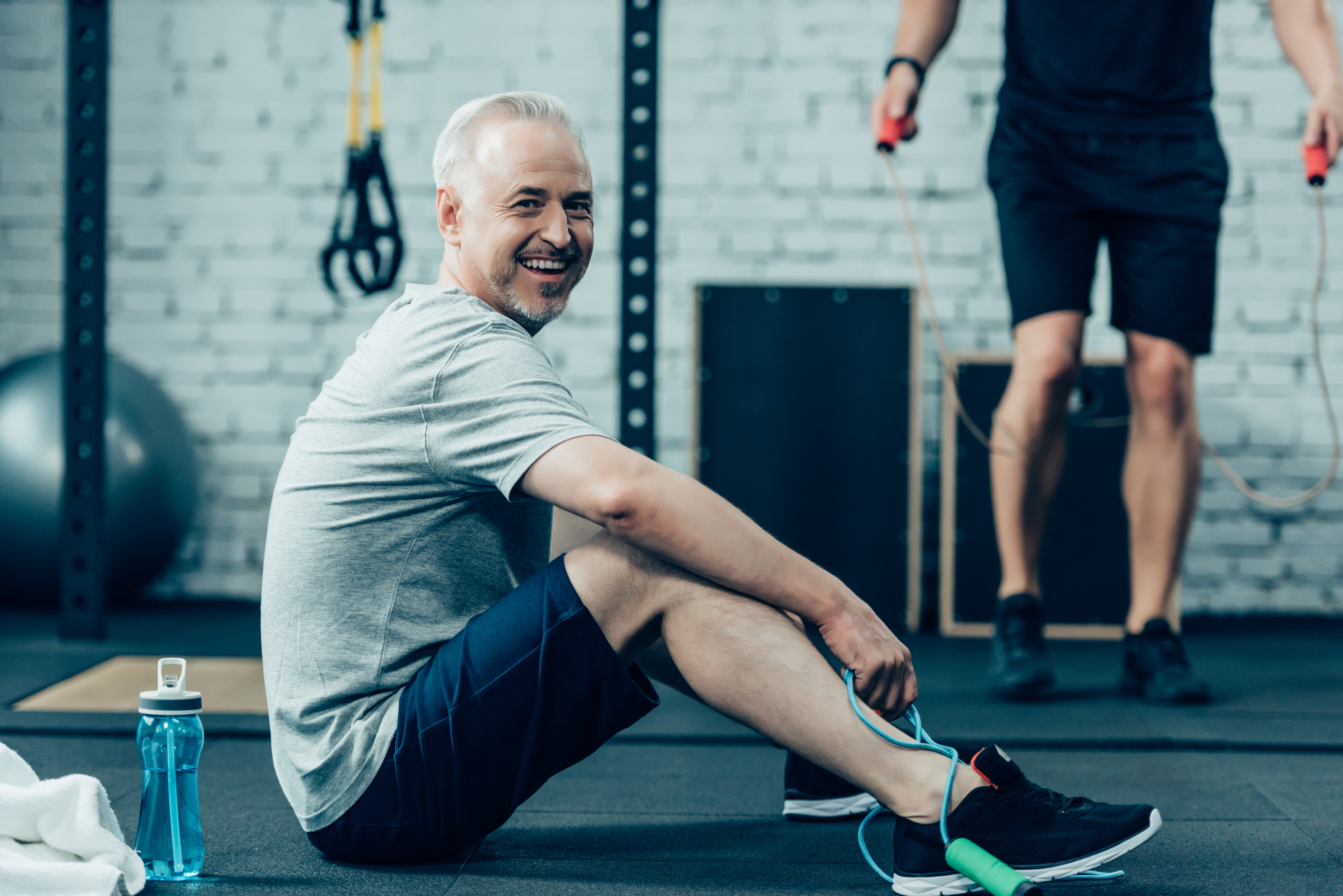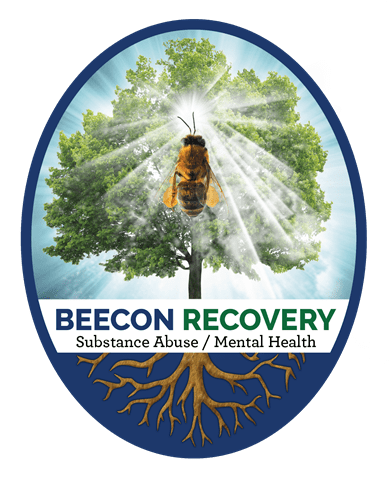Building healthy habits should be a priority in each person’s life, but it is especially important for individuals recovering from an addiction. One of the most effective tools to aid in recovery is exercise. This blog will focus on the benefits of exercise for addiction recovery and why someone struggling with addiction should incorporate exercise into their daily routine.
How Does Exercise Affect Your Mind and Body?
To begin, we should consider the overall benefits of exercise on both the mind and body.
Physical Health Benefits
Regularly exercising offers a wide range of physical benefits that contribute to overall well-being. Physical activity is a cornerstone of maintaining a healthy lifestyle, promoting cardiovascular health by enhancing heart and lung function. It aids in weight management, boosts the immune system, maintains bone density, increases muscle strength, and more. Additionally, regular exercise is linked to improved sleep quality, providing essential rest for optimal physical and mental recovery. From increased energy levels to enhanced flexibility and balance, the positive impact of exercise on physical health is extensive, which shows the importance of incorporating regular physical activity into one’s lifestyle.
Mental Health Benefits
Exercise is not only beneficial for physical health but also plays a significant role in enhancing mental well-being. Physical activity is a powerful mood booster and improves cognitive function. It also serves as a natural stress reliever and helps to alleviate symptoms of anxiety and depression. Participating in group activities and fitness classes can also provide opportunities for social interaction, which provides a supportive community. Overall, the mental benefits of exercise extend beyond the physical side and support a healthier mind.

10 Benefits of Exercise for Addiction Recovery
Individuals recovering from addiction may look for ways to support themselves and make the recovery process easier. One way they can do this is by incorporating exercise into their lives. Here are some of the best benefits that exercise can bring for those recovering from addiction:
1 – Physical Well-Being
People with addictions often have several physical health issues that accompany their addictions. Some negative effects of addictions can be liver damage, cardiovascular issues, and respiratory problems. Exercise promotes overall physical health, helping to repair the damage caused by substance abuse and improving cardiovascular fitness.
2 – Mood Enhancement
Regular exercise stimulates the release of endorphins, often referred to as “feel-good” hormones, which can contribute to a more positive mood and reduced feelings of anxiety and depression. Recovery can be a challenging and sometimes discouraging process, so exercise can give a much needed boost of positivity.
3 – Stress Reduction
Physical activity is a natural stress reliever, providing a healthy outlet for stress and tension that may otherwise lead to relapse. People struggling with addiction recovery may often deal with stress related to managing cravings and managing withdrawals. As the individual exercises, they have a way to release heavy stress in a healthy way, aiding them in their recovery.
4 – Distraction from Cravings
Recovering from an addiction and avoiding relapses can be very challenging for many people. One of the best benefits of exercise for addiction recovery is that engaging in exercise can serve as a constructive distraction, redirecting attention away from cravings and addictive thoughts.
5 – Improved Sleep
Disrupted sleep cycles can be a characteristic of recovery, but it doesn’t need to be. Regular physical activity can contribute to better sleep quality and provide adequate rest for those trying to overcome an addiction. Quality sleep is an essential aspect of addiction recovery as adequate rest supports overall well-being.

6 – Enhanced Self-Esteem
Low-self esteem may affect people recovering from addiction, as it can be difficult to change a lifestyle and way of coping with the challenges of life. Achieving fitness goals and improving physical health through exercise can boost self-esteem and self-worth, which are crucial elements in the recovery process. Higher levels of self-esteem and worth can give people the strength to overcome their addictions.
7 – Healthy Routine
Incorporating exercise into a daily routine creates structure and discipline, helping individuals establish positive habits that replace destructive ones. It may take some time to get used to a change in their routine, but eventually, daily physical activity can become a regular and healthy part of their lives.
8 – Social Connection
A difficult aspect of addiction recovery for many people is that they feel alone in the process. Feeling isolated can cause people to relapse and get discouraged. A way to combat these feelings of loneliness is through group exercise or working out with a friend. Group exercise classes or team sports provide opportunities for social interaction, fostering a sense of community and reducing isolation, which is beneficial for mental health.
9 – Cognitive Function
Addictions can often put a cloud over people’s minds, resulting in poor decision-making and changes in personality. Physical activity has been linked to improved cognitive function and mental clarity, which can aid in decision-making and overall cognitive well-being during recovery.
10 – Increased Energy Levels
Many people recovering from addiction may feel sluggish during the recovery process. Some people may experience physical symptoms, like headaches, that can lower their energy levels. Regular exercise can boost energy levels, combating feelings of fatigue and lethargy that can be present during recovery.

Choose Beecon Recovery to Support You
Individuals should consult with their healthcare professional before starting an exercise program to ensure it aligns with their specific health needs in their addiction recovery process. Beecon Recovery offers therapy and programs for individuals wanting to overcome their addictions. We can support you in your physical activity goals and recovery process. Contact us today to learn how we can help you in your journey to recovery.






